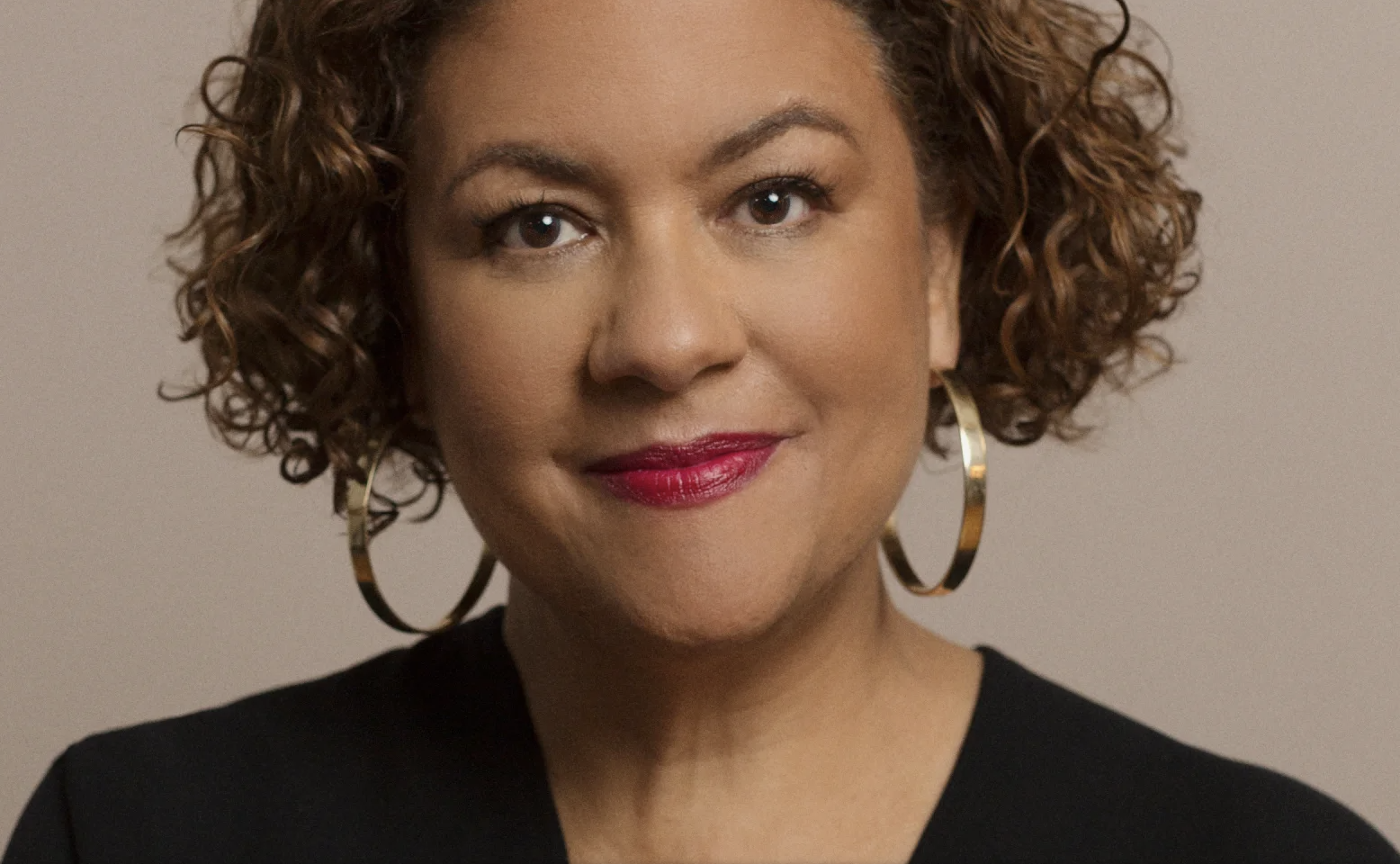
“I think more CEOs need to come out of the spaces of African American studies of intersectionalities, and of feminism. There are many lessons and principles there that are a very useful to run things.”
—Elizabeth Alexander, poet and president of the Andrew W. Mellon Foundation
Elizabeth Alexander's father was the “first Black Secretary of the Army,” and her mother “was an academic, so she grew up steeped in politics and social change.” She’s "an academic, herself, with stints at Smith, Columbia.and Yale (as Head of the African American Studies department .” She is also a poet, who has been nominated twice for the Pulitzer. All of this experience she believes has informed and allows her to look at her organization—from the representation of its staff, to how it regards the role of philanthropy in American society—through the lens of “the potential power dynamics;” and how that thinking creates a “dynamic institution.” She became the president of the Andrew W. Mellon Foundation in 2018.
Insights
- “I think recognizing talent and potential that’s not necessarily in the expected place is absolutely crucial…if you only look at people who have climbed the ladder one way, you’ll be missing out.”
- “One of the great tragedies of racism and sexism and classism is that they both overlook talent and also overelevate averageness that has more to do with inherited opportunity..”
- “One of the things I’ve been really interested in philanthropy is, you know, there are X number of foundations. When we put our money in the pot together and we’ve got double or triple the money, then we can have more impact.”
- “Maybe to me the most important thing is not just thinking about this as the era of COVID-19, but as the era of what some call racial reckoning. I think that to be president of that organization with my training and experience turned out to be very useful. We were at the ready with a lot of the justice questions that some other places were having to grapple with for the first time.”
- “It’s important to be aware of what are the dynamics and imbalances that can come in relationships that have certain kinds of resources. One entity is seeking; another entity has to give. So, how do you make that exchange egalitarian, healthy, not for the ego of the person who’s giving the grant?”
Connect with the Time post here.

